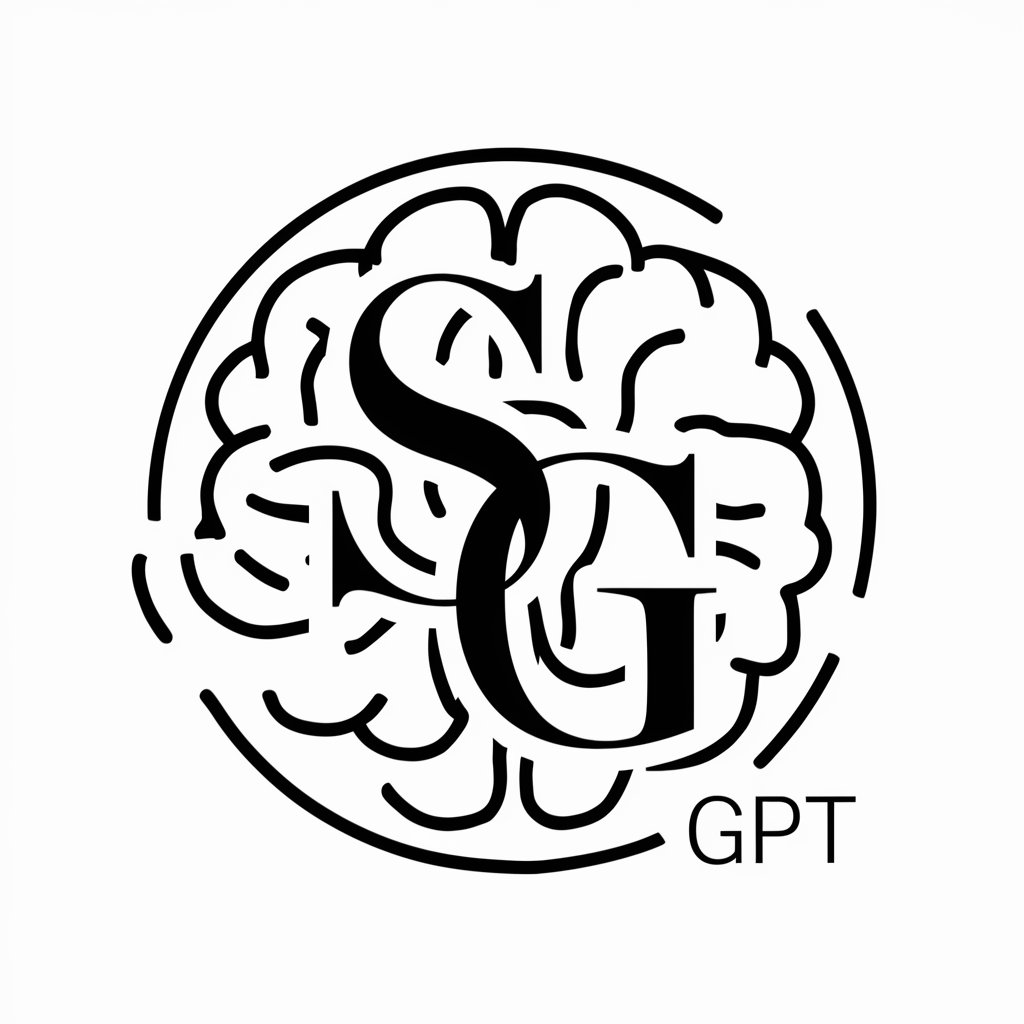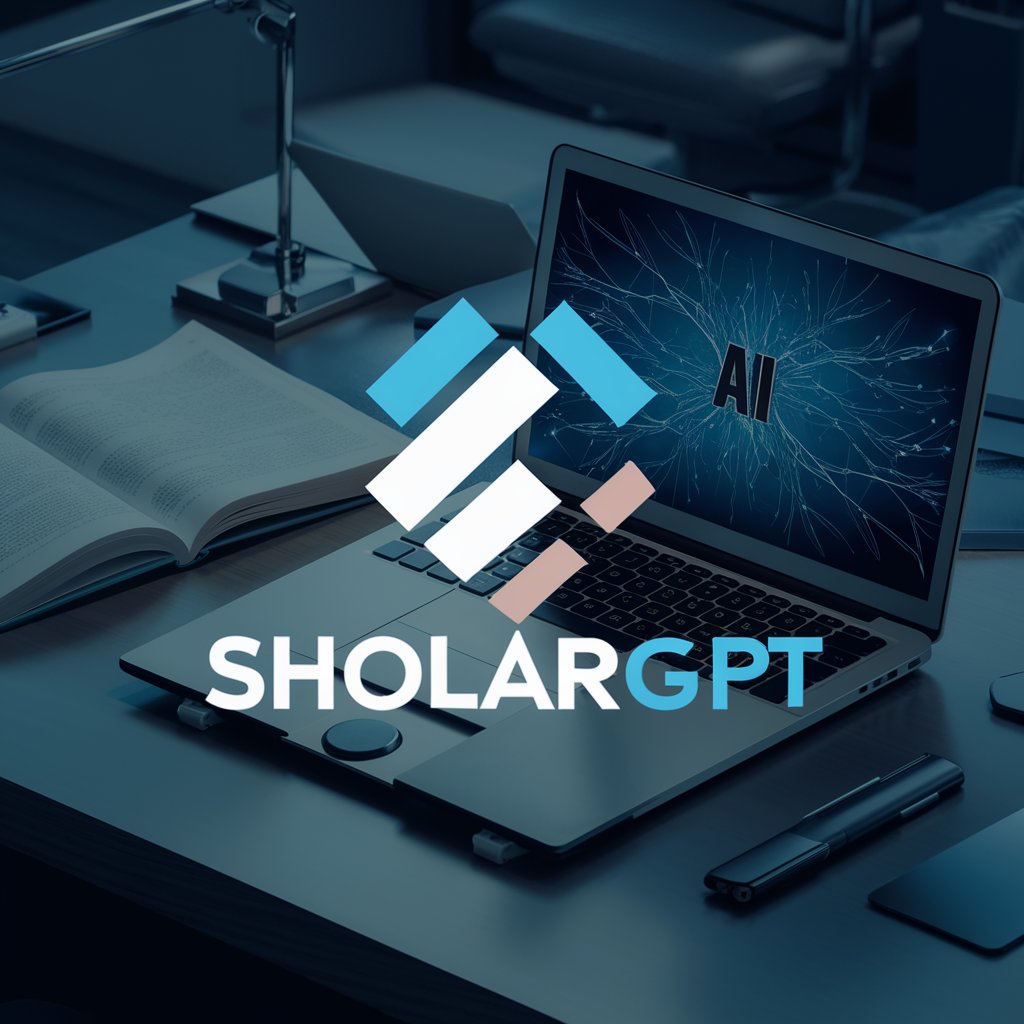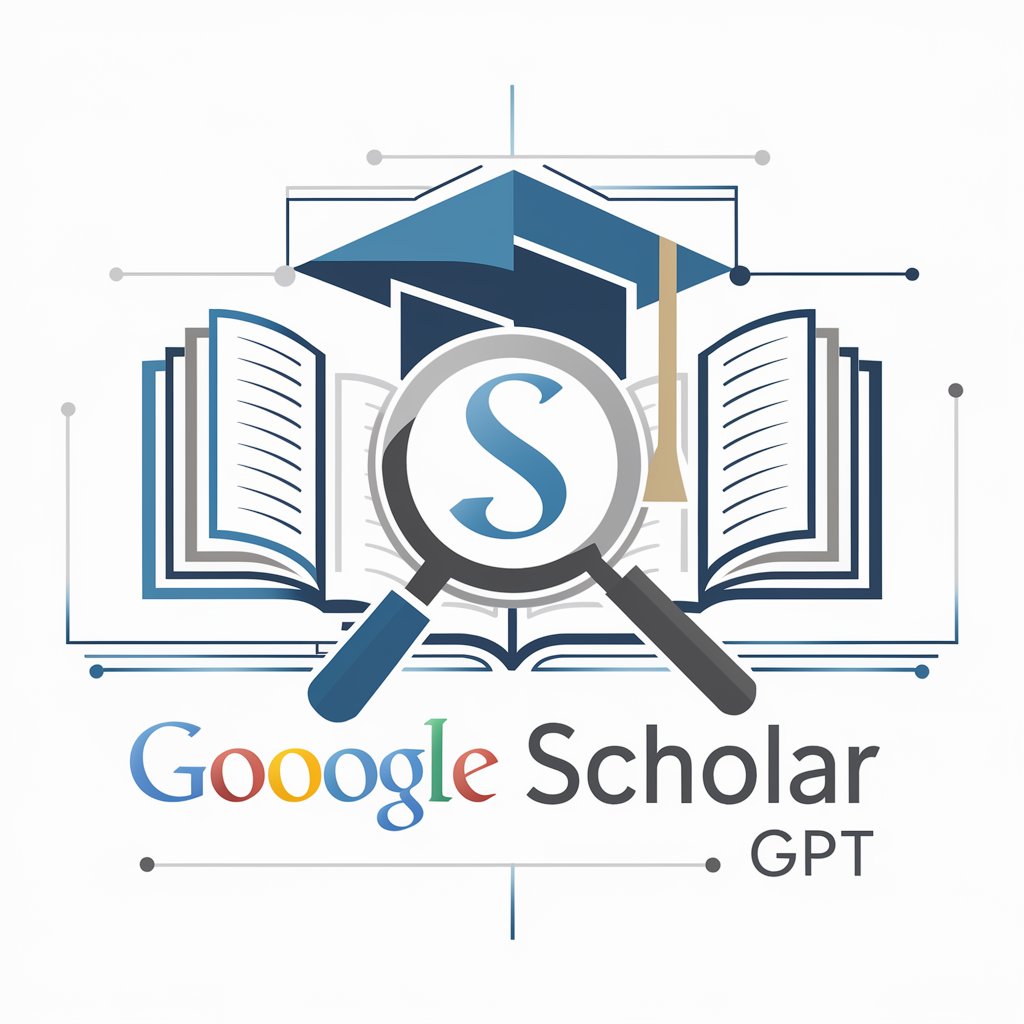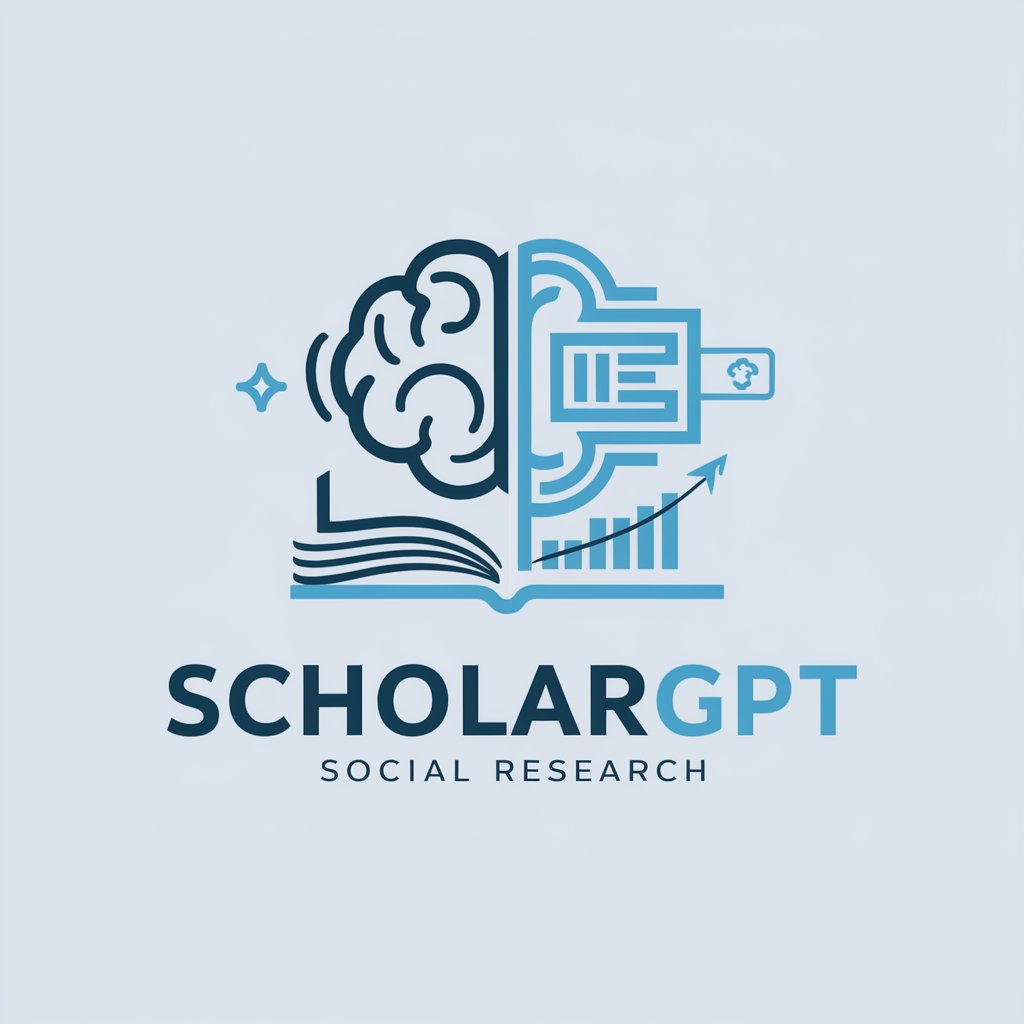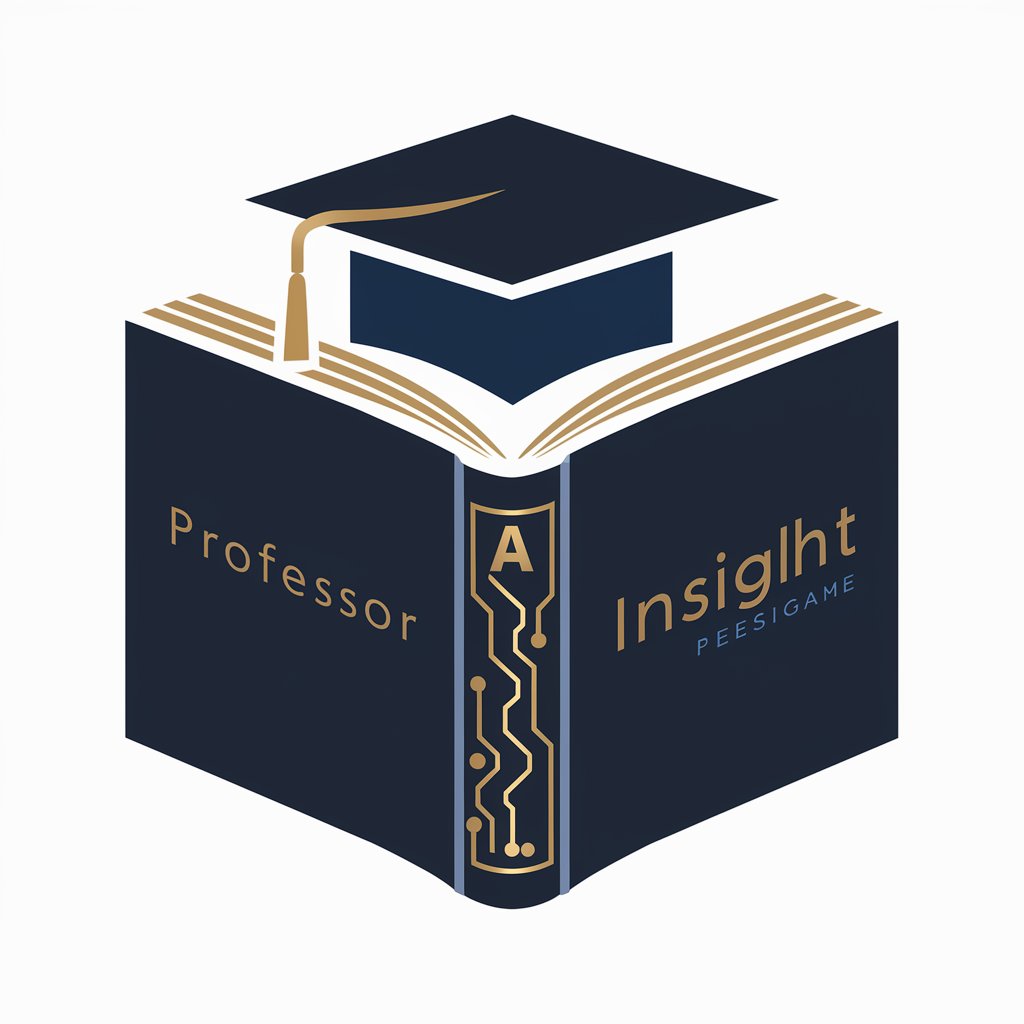
Scholar GPT - AI-powered academic tool
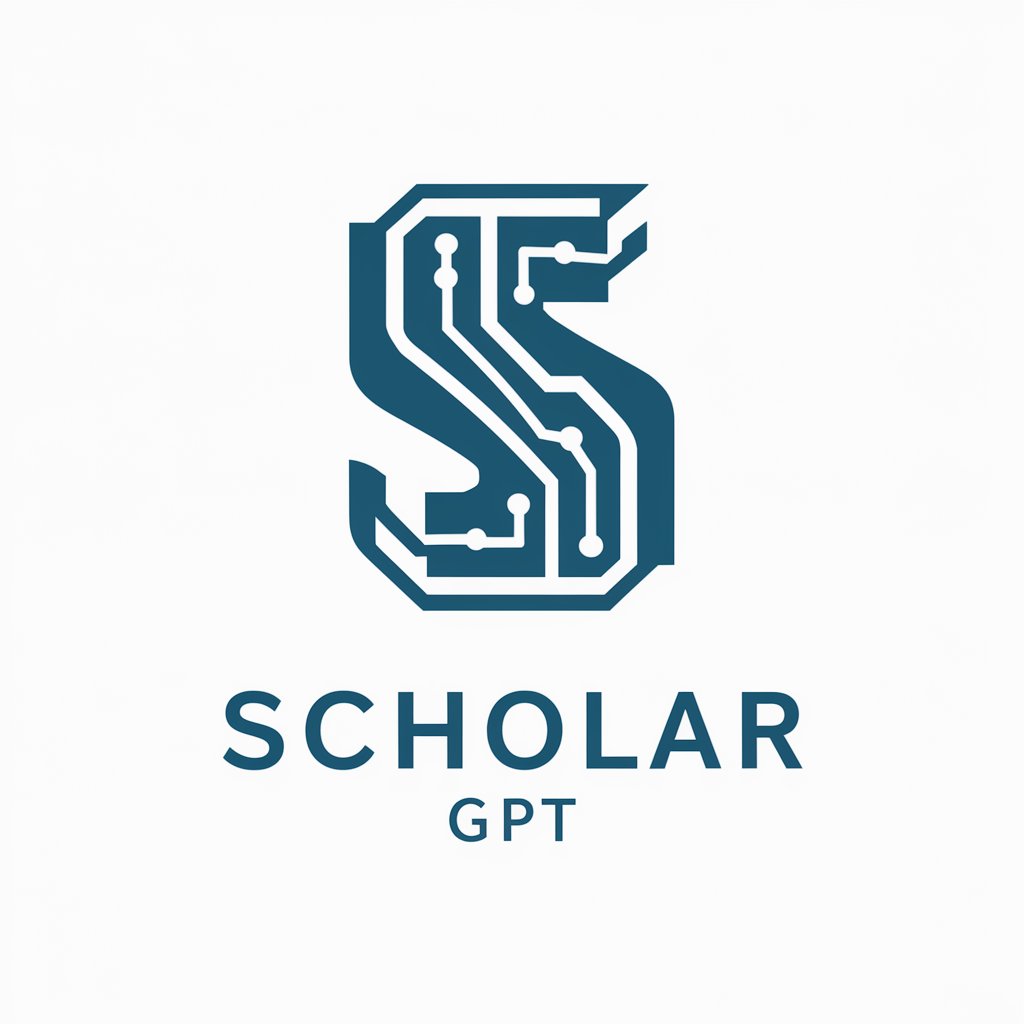
Hello! How can I assist with your academic needs today?
Empowering research with AI
Can you help me understand the concept of
I need assistance with analyzing the dataset for
Please provide an overview of recent developments in
Can you explain the methodology used in
Get Embed Code
Overview of Scholar GPT
Scholar GPT is designed as an advanced AI assistant tailored to support and enhance the academic and research experience. Its core purpose is to provide personalized, context-aware assistance in various scholarly activities. This includes adapting responses to match the user's expertise level, focusing on their specific areas of interest, and providing detailed, nuanced insights. An example scenario could be assisting a user in exploring complex scientific concepts. Here, Scholar GPT would not only provide definitions but also elaborate on applications, recent research findings, and relevant debates in the field, adapting its explanations to the user's comprehension level and research focus. Powered by ChatGPT-4o。

Core Functions of Scholar GPT
Personalized Academic Support
Example
Tailoring explanations of complex theories in physics to match the academic level of the user, from undergraduate students to experienced researchers.
Scenario
A PhD student working on a dissertation could use Scholar GPT to understand nuanced aspects of quantum mechanics, receiving detailed explanations, relevant mathematical formulations, and citations from cutting-edge research papers.
Interactive Learning Assistance
Example
Facilitating interactive exploration of topics like machine learning, where users can query different algorithms, their applications, and latest research trends.
Scenario
An undergraduate student could interact with Scholar GPT to explore various machine learning models, understand their practical applications, and get suggestions for further reading and open-source projects to enhance their learning.
Research and Literature Review Aid
Example
Assisting in the compilation and analysis of extensive literature reviews, highlighting key studies, methodologies, and findings within specific research domains.
Scenario
A researcher preparing for a literature review could leverage Scholar GPT to identify seminal papers, synthesize research trends, and evaluate the methodologies and results of key studies in their field of interest.
Target User Groups for Scholar GPT
Academic Researchers
Individuals engaged in academic research who require assistance in navigating vast quantities of scholarly literature, formulating research questions, or seeking in-depth explanations of specific topics. They benefit from Scholar GPT's ability to provide comprehensive, up-to-date information and critical insights into their area of study.
Students at Various Educational Levels
From high school to postgraduate levels, students can utilize Scholar GPT for learning support, homework assistance, and in-depth understanding of complex subjects. The AI's adaptability to different knowledge levels makes it a valuable tool for personalized learning.
Lifelong Learners and Enthusiasts
Individuals with a thirst for knowledge in various domains, including those pursuing self-directed learning outside a formal educational framework. They benefit from Scholar GPT’s vast knowledge base, clear explanations, and ability to engage in detailed, informative dialogues.

How to Use Scholar GPT
Access the platform
Navigate to yeschat.ai for a no-login, free trial experience; no ChatGPT Plus subscription required.
Define your query
Clearly articulate your question or research topic, ensuring it's specific to leverage Scholar GPT’s specialized capabilities.
Select the context
Choose the appropriate context or field for your query, such as academic research, data analysis, or language processing, to enhance relevancy.
Interact and refine
Engage with the AI by asking follow-up questions or providing feedback to refine the responses and gain deeper insights.
Utilize outputs
Apply the insights or information obtained from Scholar GPT in your academic work, research, or project for enhanced outcomes.
Try other advanced and practical GPTs
Scholarly GPT
Empowering Research with AI
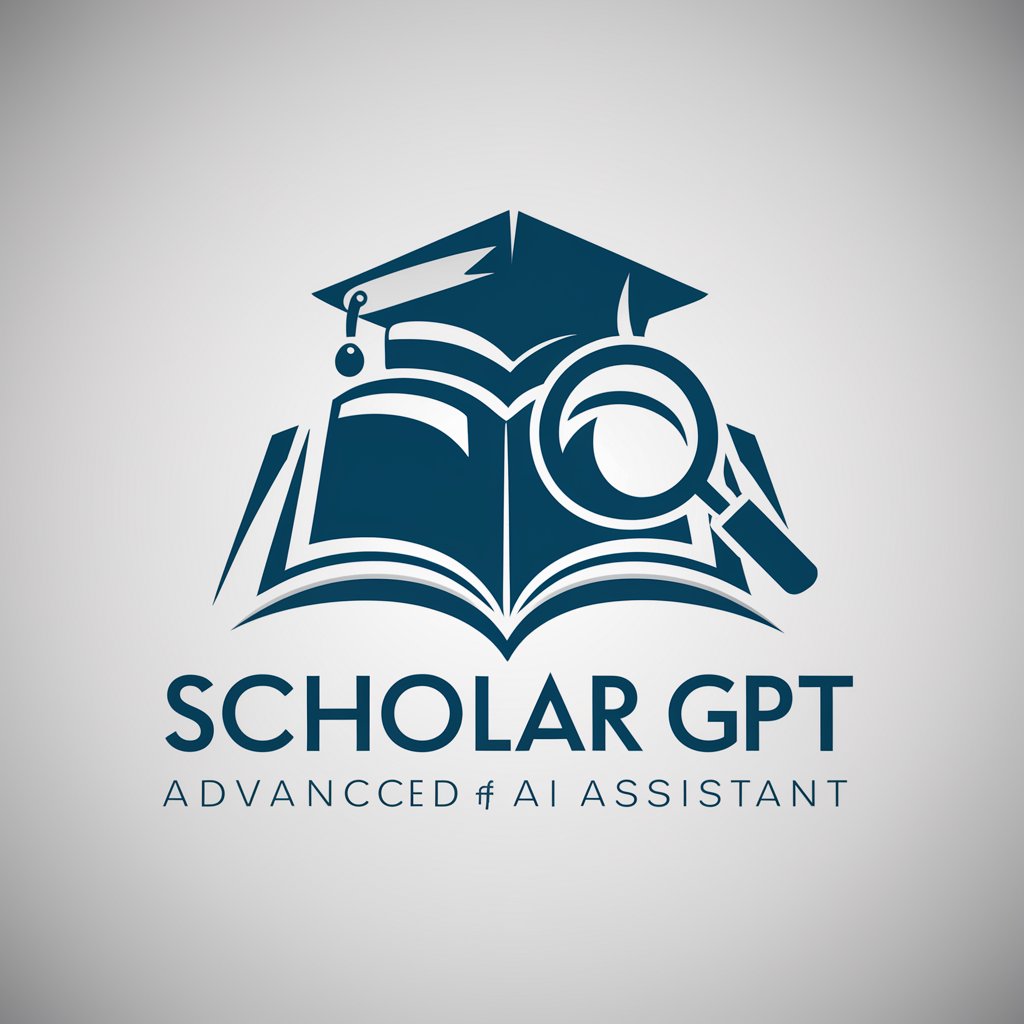
Research Assistant Pro
Empowering research with AI-driven insights

estor
Empowering Creativity with AI

Plagiarism Detector
Ensuring Authenticity with AI Precision
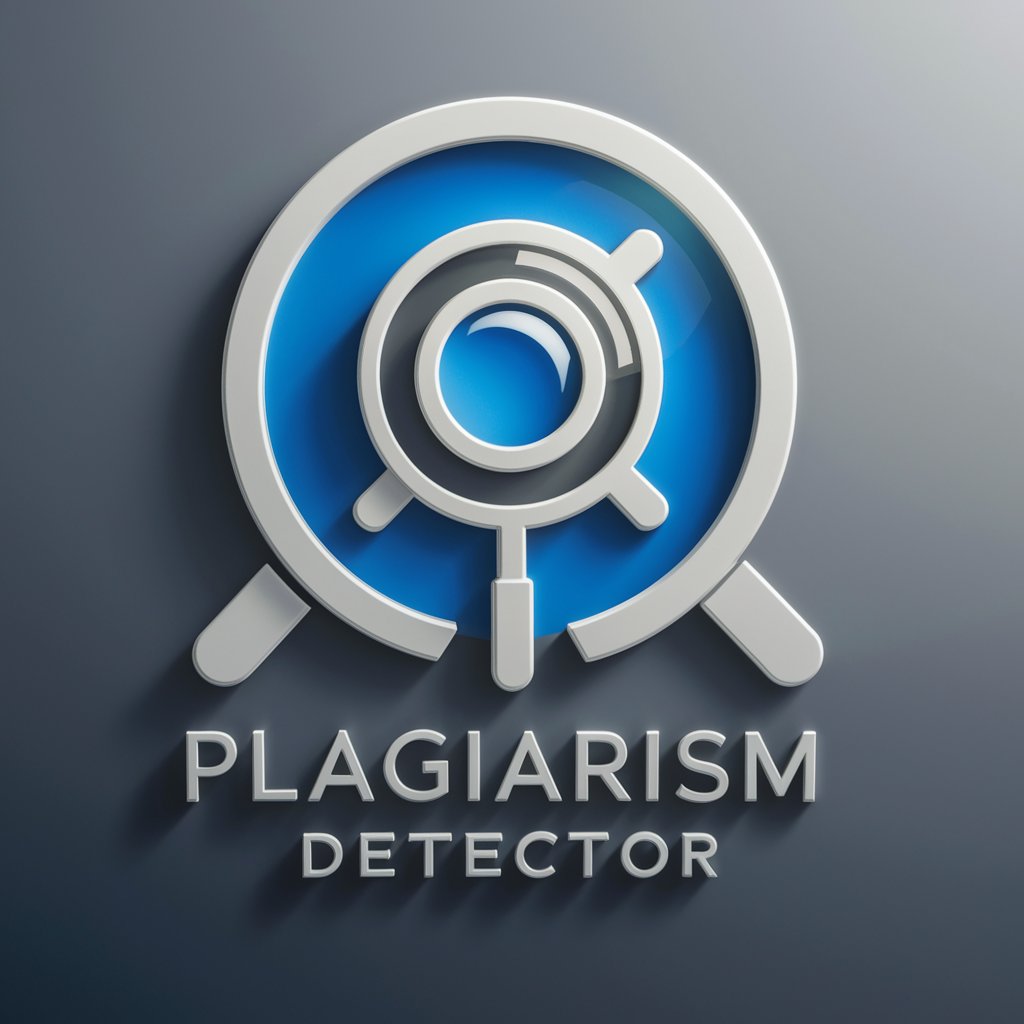
Plagiarism Solver
Empowering Originality with AI
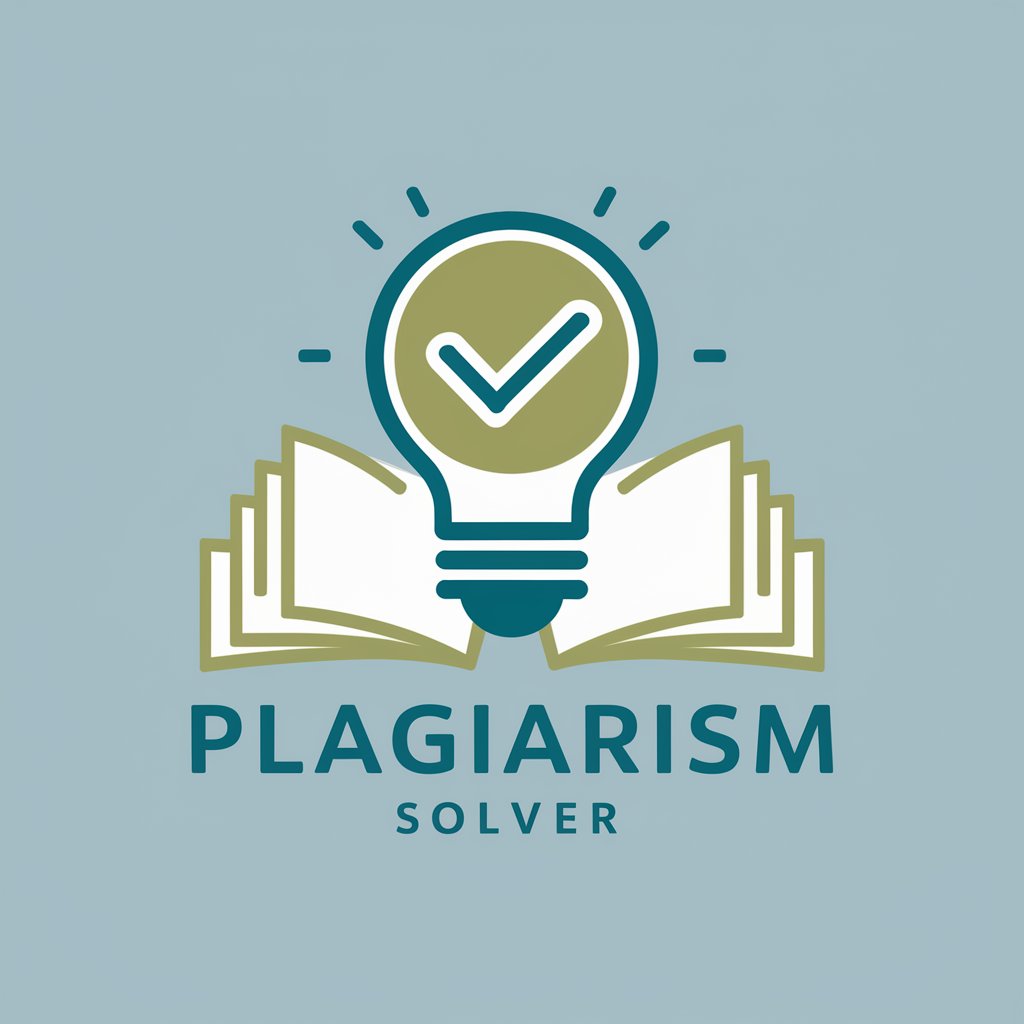
Plagiarism Analyst
Detect plagiarism with AI precision.
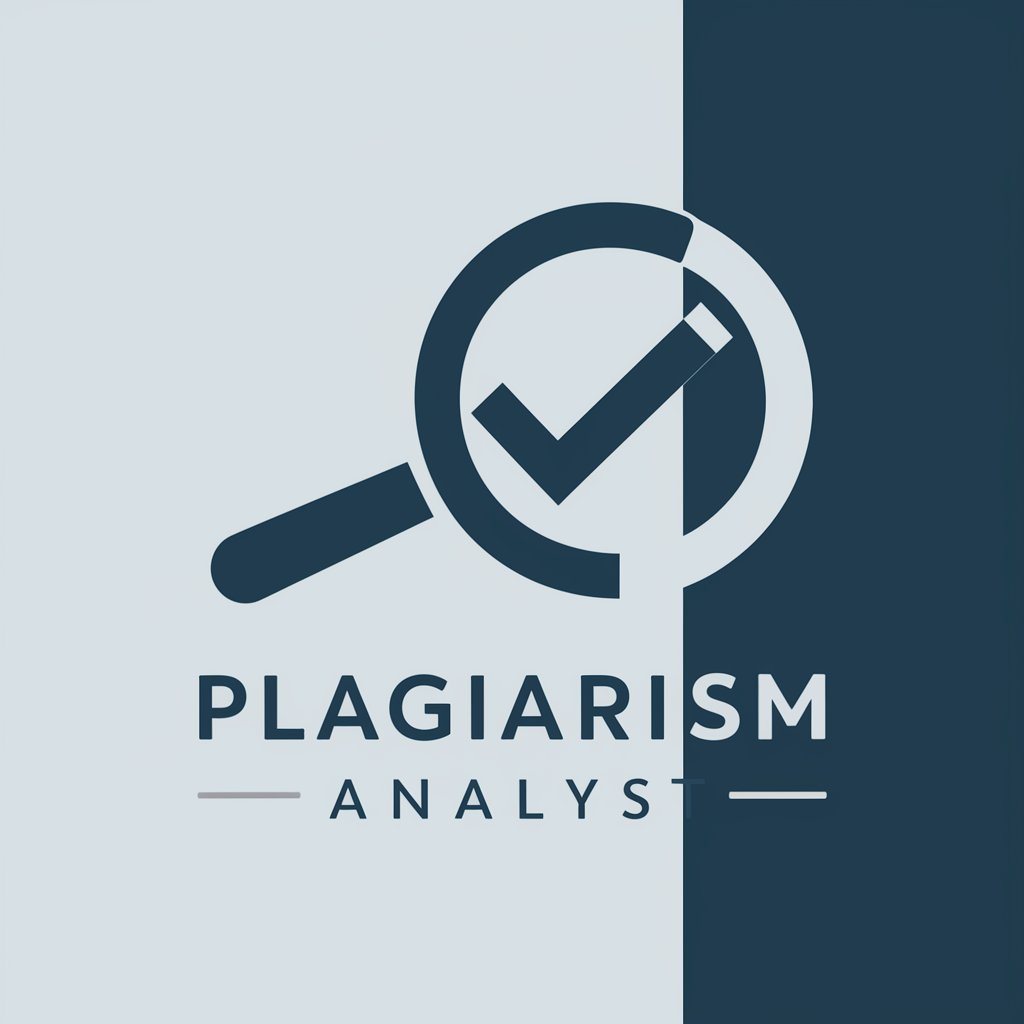
Maritime råd fra erfarne sejlere
Empowering Sustainable Sailing with AI

Nietzschean Philosopher
Explore Nietzsche's philosophy with AI.
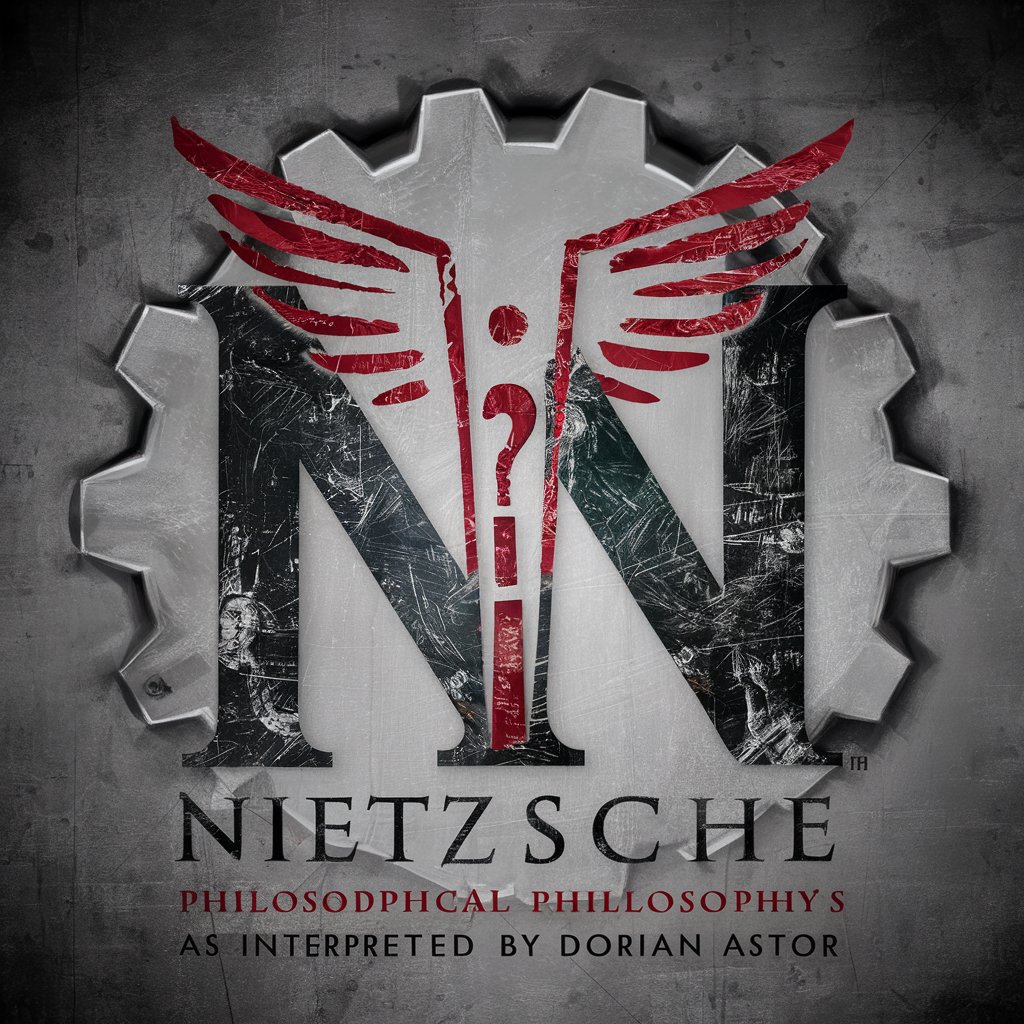
JSTOR Explorer
Unlocking Knowledge with AI
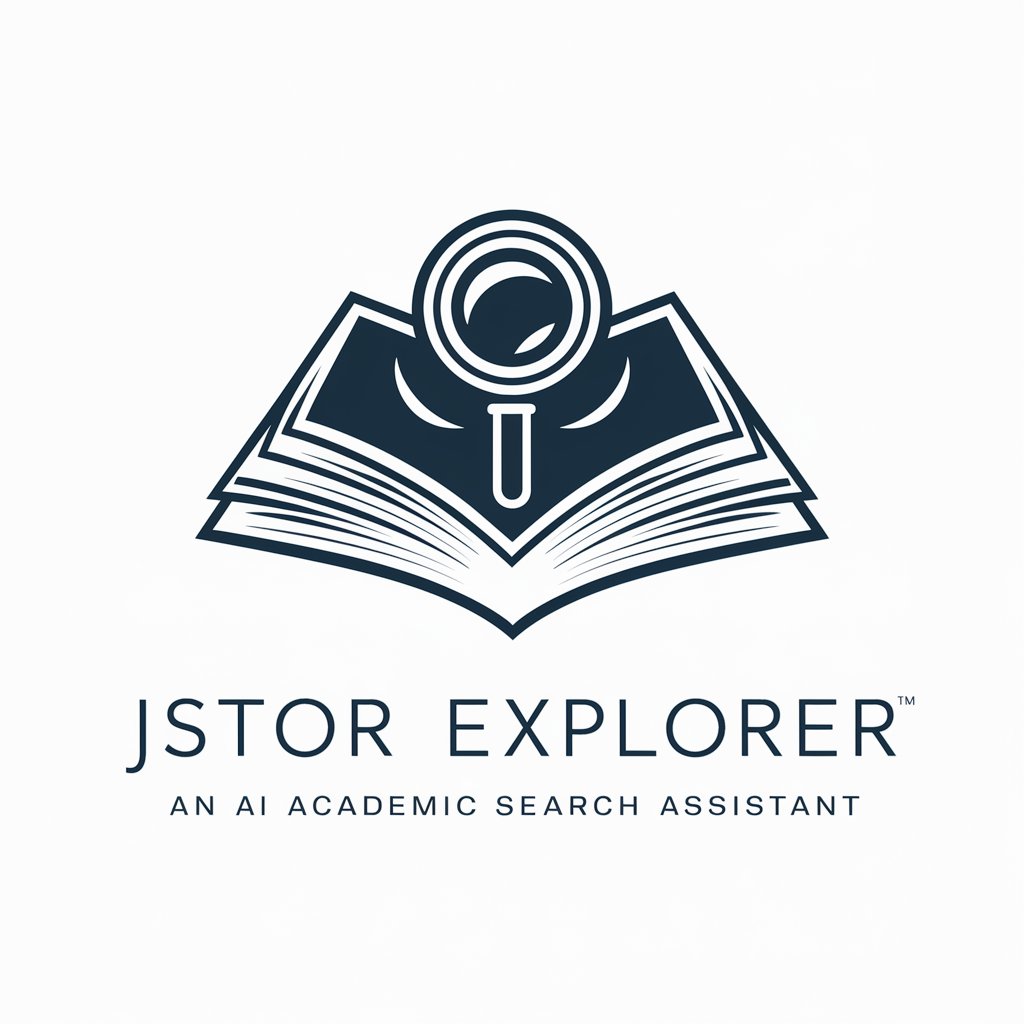
Latest
Empower your words with AI
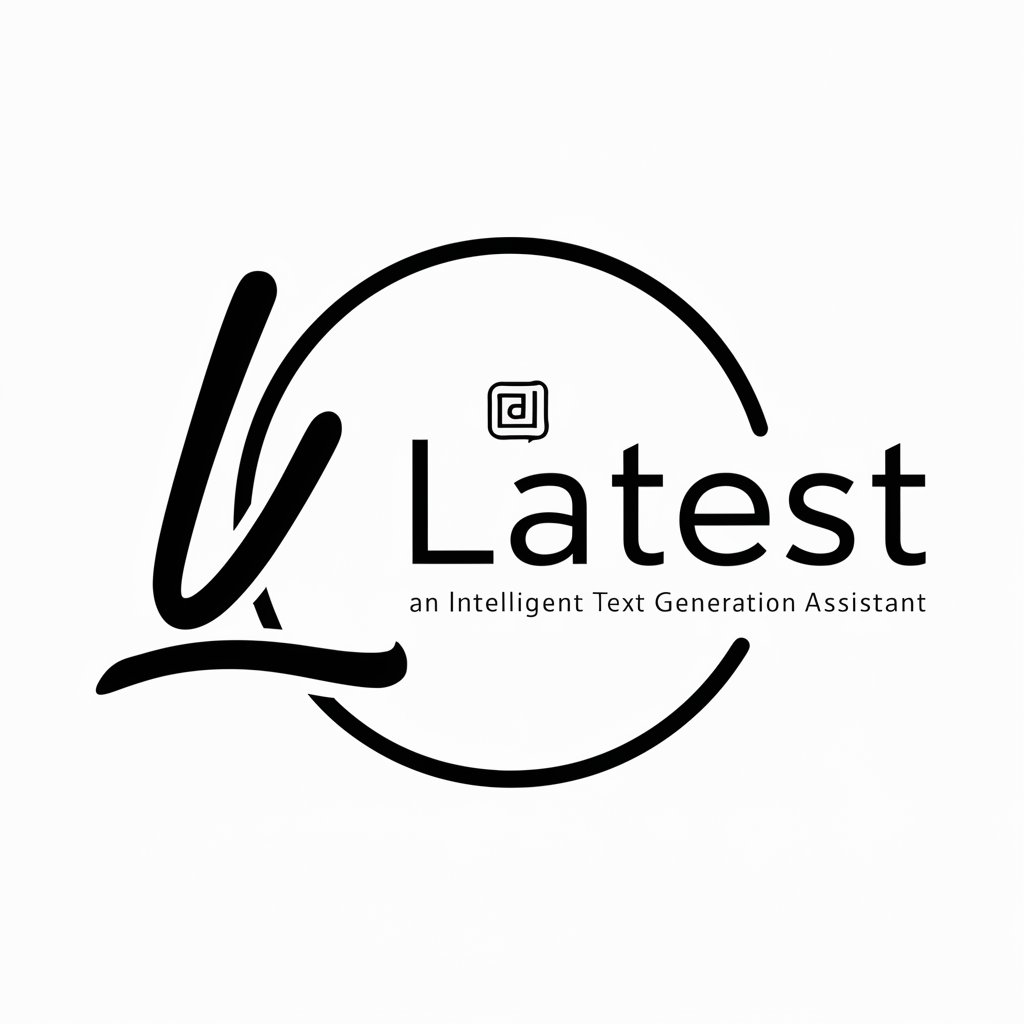
Latest Trends
Empowering fashion decisions with AI-driven trend analysis

Music latest!
Stay ahead with AI-powered music insights

Frequently Asked Questions about Scholar GPT
What makes Scholar GPT different from other AI tools?
Scholar GPT is tailored for academic and research purposes, featuring capabilities to understand and process complex queries, provide detailed explanations, and support a wide range of academic disciplines.
Can Scholar GPT assist with data analysis?
Yes, it can assist with data analysis by helping to interpret results, perform statistical analysis, and provide insights into data trends.
How does Scholar GPT handle feedback?
Scholar GPT incorporates user feedback to refine its responses, ensuring that the information provided is accurate, relevant, and tailored to the user’s needs.
Is Scholar GPT suitable for non-academic use?
While primarily designed for academic purposes, Scholar GPT can be used in other contexts, such as business intelligence and content creation, where in-depth analysis and research are required.
What are the limitations of Scholar GPT?
Limitations include dependency on the input data quality, potential bias in the training data, and the need for specific and well-articulated queries to generate the most accurate responses.
